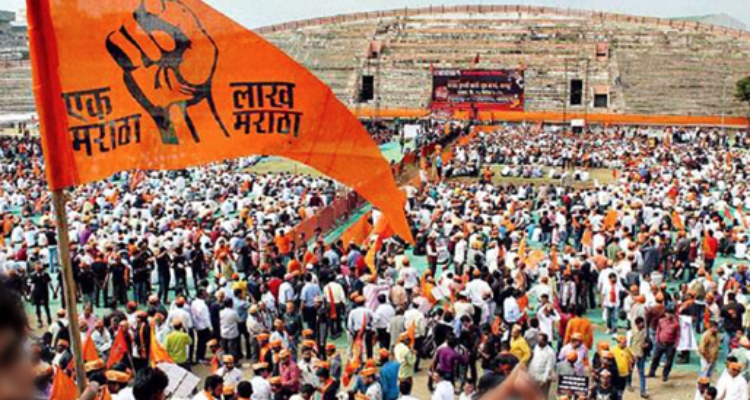
The Maharashtra State Commission for Backward Classes (MSCBC) has submitted an affidavit to the Bombay High Court, asserting that the Maratha community faces “exceptional backwardness” and is looked down upon.
The commission argues that this justifies the reservation granted to them in educational institutions and government jobs. The affidavit was filed on July 26 in response to petitions challenging the reservation policy for the Maratha community.
According to the MSCBC, the reservation of 10 percent for the Maratha community in government jobs and education was granted by the Maharashtra government in February this year under the Socially and Educationally Backward Class (SEBC) category. The petitions challenging this decision also dispute the commission’s recommendations, which influenced the policy.
The affidavit states that the commission conducted a quantitative research study and reviewed previous committee reports. The study indicated that the Maratha community is being marginalized and exhibits exceptional backwardness. It highlighted that despite India’s economic growth, the Maratha community has not progressed similarly, showcasing an extraordinary level of economic backwardness.
The commission’s data reveals that the Maratha community has been relegated to the fringes of mainstream society. It argues that while a 50 percent cap on reservation is generally followed, exceptional circumstances may justify exceeding this limit. The study found significant disparities, including caste-based backwardness, traditional occupations, and higher manual labor engagement among Marathas. Additionally, the data showed a high incidence of suicides within the Maratha community, reflecting extreme depression and desperation.
The affidavit notes that in the past decade, over 94 percent of suicides among open category individuals were by Marathas. From 2018 to 2023, a higher percentage of Maratha farmers committed suicide compared to farmers from other categories. The commission argues that suicide often indicates a lack of opportunities to improve one’s social standing.
The commission’s findings also underscore social hurdles faced by the Maratha community, including stigma and practices contributing to their backwardness. Economic data reveals significant disparities in living conditions, land ownership, and financial obligations between Marathas and other groups. The data shows higher poverty rates, reliance on less stable housing, and greater consumption loans among Marathas.
The affidavit highlights growing demands for reservation from the Maratha community, evidenced by agitations and rallies, some of which turned violent. Nearly 95 Maratha youths reportedly committed suicide in the year 2023-24, reflecting deep anguish and distress.
Additionally, the commission’s study found that Marathas attain lower levels of education compared to the open category, with fewer completing secondary education or achieving higher degrees.
A full bench comprising Chief Justice D.K. Upadhyaya and Justices Girish Kulkarni and Firdosh Pooniwalla will hear the petitions on August 5.




